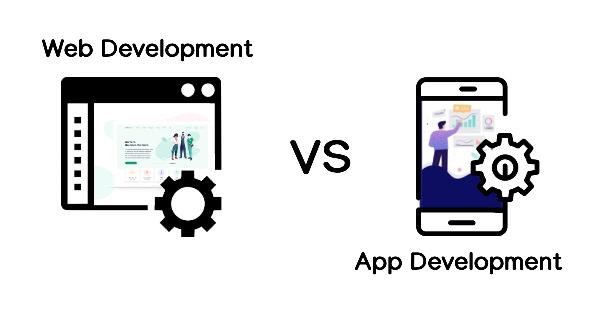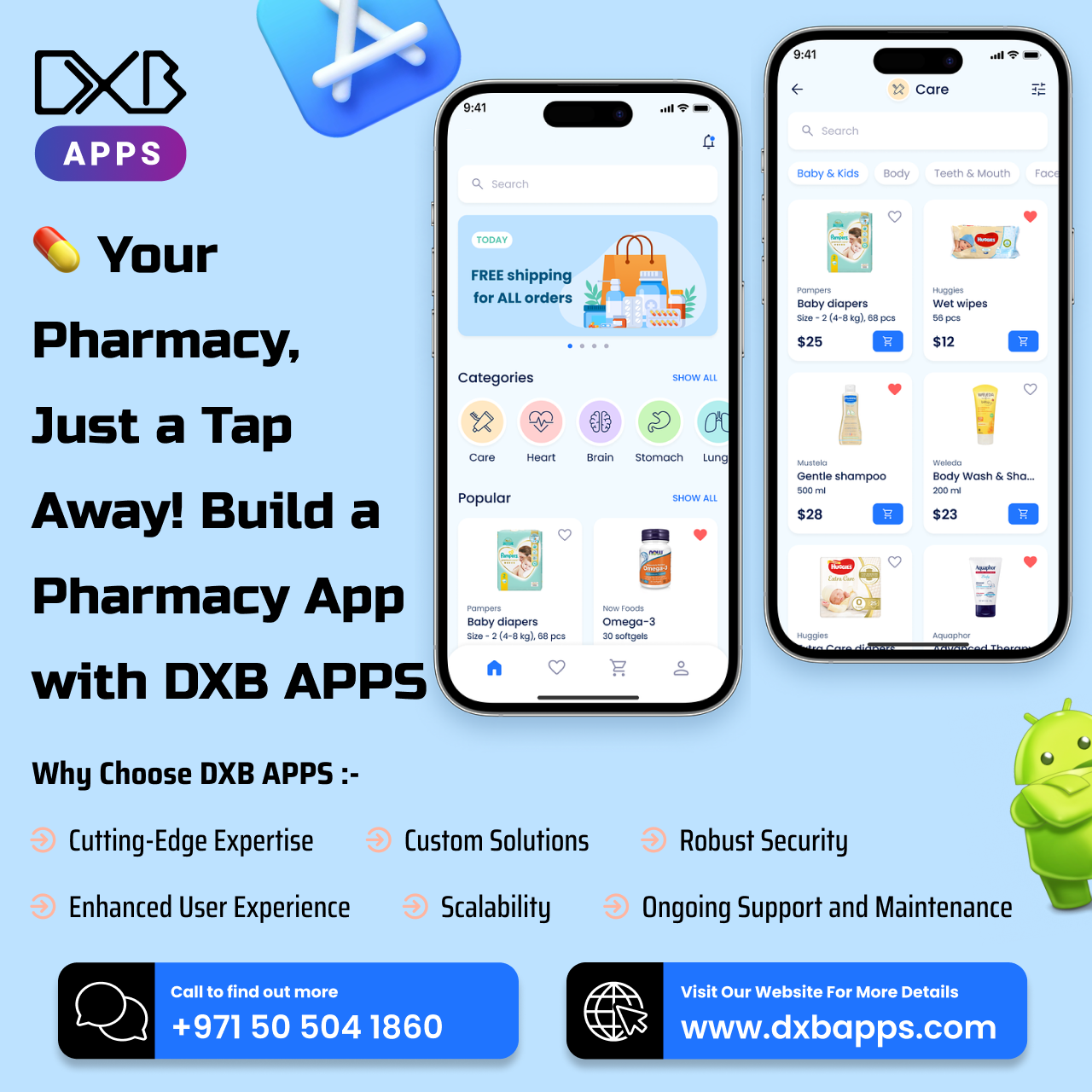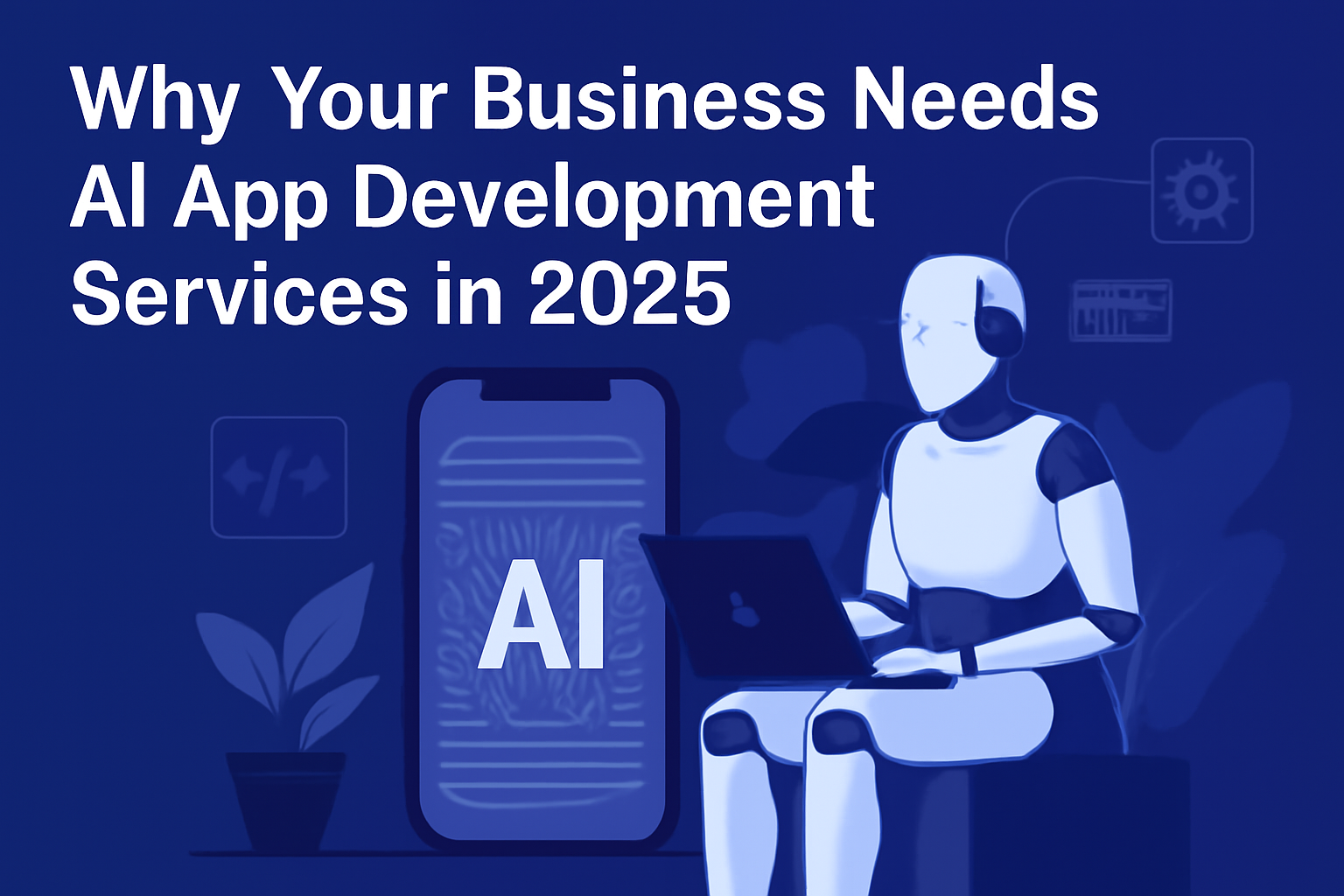Web Development vs Mobile App Development: Which Is Best for Your Business?

According to the current market trends, every business must invest in a strong virtual presence to stay successful and competitive. This presence can take different forms, with website and mobile app development being the most popular. However, the right option usually depends on various factors despite both being effective in their own ways.
✍️ From gaming to fintech, every sector is impacted by mobile app innovation. Discover use cases and trends driving growth today.
Suppose if your clients could communicate with you at any time, from anywhere. Which will be the best platform between a website and a mobile app for a seamless experience? Any business planning to extend its digital presence must carefully choose the right platform to connect with its clients. While both options have their advantages, each targets distinct audience and user behavior.
Let’s explore the key differences between web development and mobile app development along with every pros and cons they have to help you in choosing the best option for your business.
Key Differences Between Web and Mobile App Development
Understanding the basic difference between web development and mobile app development is vital for you when choosing the most suitable option. Although both have their strengths and weaknesses, differentiating one from another would help you in taking a well-informed decision about your business as well as customer needs.
1. Platform Accessibility
Anyone can access websites or web apps from various devices, such as desktop, laptop, or smartphone, through any browser. Whereas, users have to download mobile apps from app stores like Google Play or Apple's App Store.
2. Development Complexity
Web development is typically less complex regarding accessibility where a well-built website can operate across all browsers. However, mobile apps are more complex as they require separate versions for platforms like iOS and Android, adding to development costs but offering a more customized experience for each platform.
Web Development: Pros and Cons
Web development remains a popular method for establishing an online presence due to its cost-effectiveness and ease of management. However, it might not be the suitable choice for every business. That’s why, we have discussed the pros and cons of choosing web development below:
Pros of Web Development
- Cost-effective for startups: Typically, website development is cheaper than mobile apps. A web page can serve multiple platforms, therefore it’s ideal for budget-conscious enterprises.
- Universal access across devices: Websites are adaptable enough that enables them to fit on various screen sizes or device types. This ensures it is easily accessible for desktop computers, tablets or smartphone users.
- Easier to maintain and update: Updates can be done at once on a single website because they are centralized unlike mobile apps where users have to download updates frequently. Thus, modifying anything will automatically appear through all kinds of devices.
Cons of Web Development
- Limited offline functionality: Websites are predominantly dependent on the internet connection for their functioning. While some Progressive Web Applications (PWAs) support limited offline access, complete offline access in web development is quite complicated to implement.
- Not optimized for mobile features: Websites can’t take advantage of mobile-specific features completely such as GPS, camera, or push notifications. Hence, limiting user engagement as compared to mobile apps.
Mobile App Development: Pros and Cons
Mobile apps can deliver highly personalized experiences and utilize device-specific features. They can boost user engagement, but sometimes at an extra cost and complexity. Let’s have a look at the pros and cons of developing mobile apps:
Pros of Mobile App Development
- Enhanced user experience: Mobile apps are developed for smartphones and tablets particularly, enabling them to utilize native features like camera, microphone, and GPS. Hence, they provide smoother and more intuitive user experience.
- Push notifications for better engagement: Push notifications allow businesses to reach and engage users by attracting them with promotions, announcements, or personalized content directly.
- Offline access to content and features: Mobile apps store data locally hence they provide certain features even when devices are offline which is very useful for the users residing in areas with poor internet connectivity.
Cons of Mobile App Development
- Higher development and maintenance costs: Building apps for both iOS and Android requires significant resources, as each platform has different standards and programming languages. Furthermore, apps need frequent updates to stay compatible with the latest OS versions and security patches.
- Requires constant updates for multiple platforms: Bug fixing and handling updates across various operating systems is time-consuming and costly. Each update must go through app store approval, unlike websites where updates are instant.
Which Is Best for Your Business?
The final decision to choose between web and mobile application development relies on various factors such as your business strategy, target audience, and available resources. Here’s a quick guide to decide which enterprises are more suitable for web-based solutions against those that might benefit from mobile applications:
- Web Development is ideal for companies that desire extensive audience coverage with limited budgets. Anyone can access websites with a laptop or any other device, as they don’t require installation and are often deployed quickly.
- Mobile App Development is more suited for businesses that want to improve on user engagement and retention. These apps offer customized experiences, offline accessibility, GPS capabilities among other advanced features, hence making them crucial in mobile-first strategies.
Conclusion
Choosing between web and mobile apps depends on your business objectives, budget constraints, and the user experience you aim to deliver. Web development offers broader accessibility and is cost-effective, while mobile apps excel in user engagement and mobile-specific features.
In case you are caught between these two, hybrid solutions like Progressive Web Applications (PWAs) offer a balance by combining accessibility with app functionalities. Regardless of your choice, delivering a seamless digital experience is crucial for long-term business success.
Note: IndiBlogHub features both user-submitted and editorial content. We do not verify third-party contributions. Read our Disclaimer and Privacy Policyfor details.







